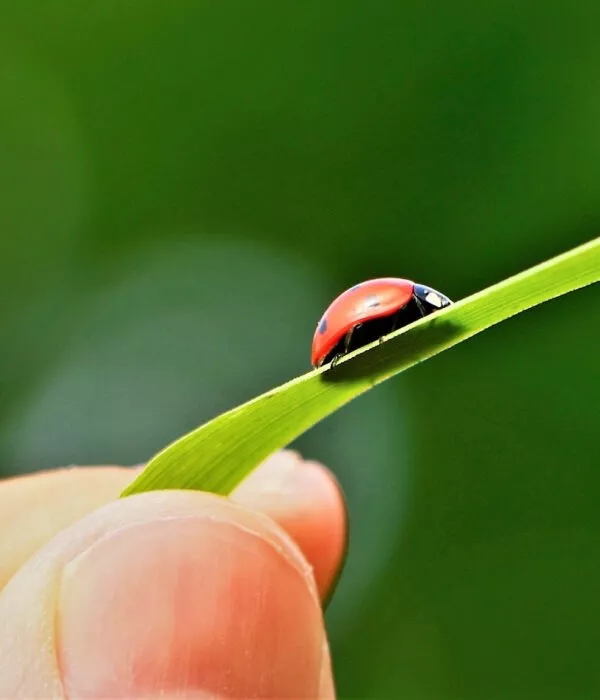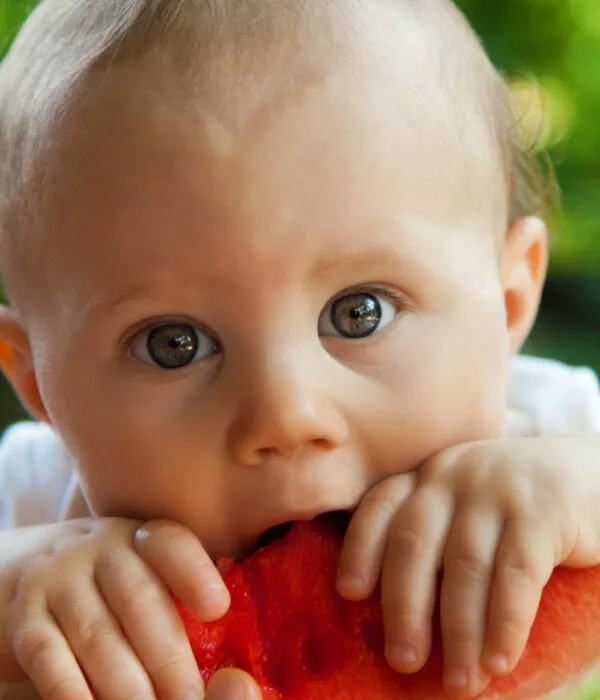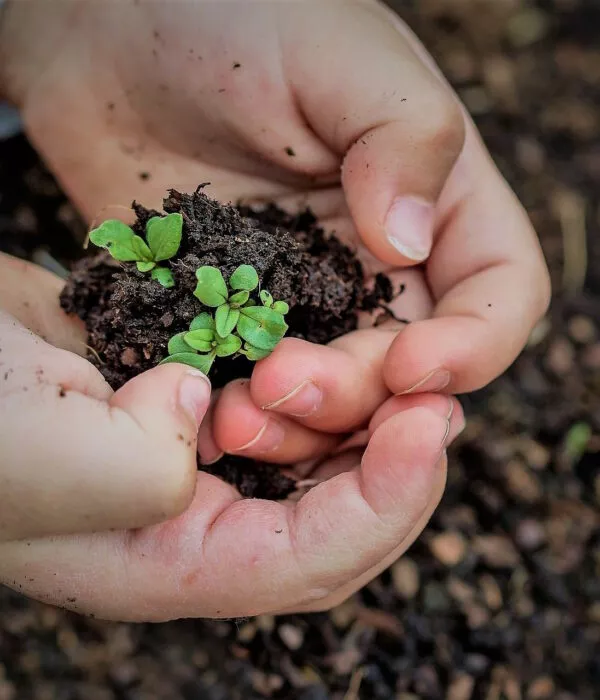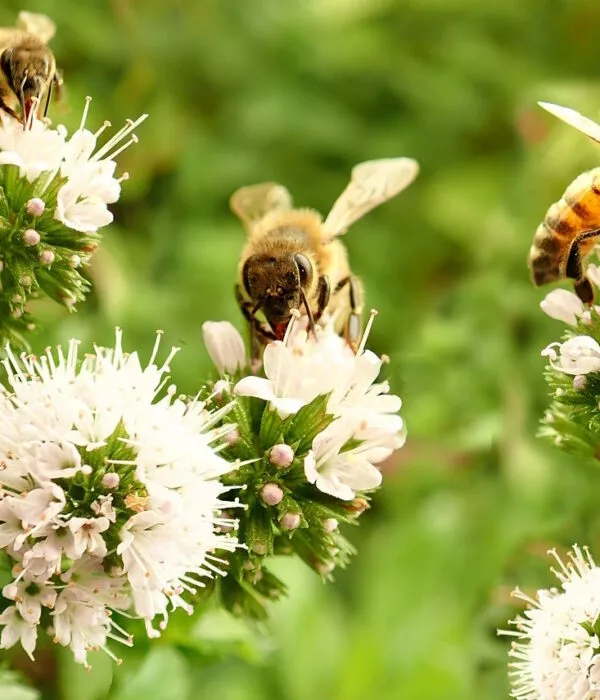Blog
European Policies for Organic Agriculture
Europe has recognized the importance of organic agriculture as a critical sector for achieving sustainable agricultural practices and promoting biodiversity. The European Union (EU) policies for organic agriculture are designed to support farmers, enhance the production of organic products, and ensure environmental sustainability. Below are the main policies and strategies governing organic agriculture in the EU.
1. Common Agricultural Policy (CAP)
The CAP is the primary EU policy regulating agriculture. Under the CAP, the EU promotes measures for organic agriculture through:
- Subsidies and funding: Farmers who adopt organic practices can receive financial support through direct payments and rural development programs.
- Training and advisory support: Providing training to farmers on organic crops and sustainable practices.
2. European Strategy for Organic Agriculture
The EU has implemented strategies to promote organic agriculture, including:
- “Farm to Fork” Strategy: This aims for food sustainability and increasing organic food production. It envisions expanding organic cultivation and improving consumer access to organic products.
- European Action Plan for Organic Agriculture: This includes measures to increase the area of organic crops in the EU, aiming to reach 25% of total agricultural land by 2030.
3. Standards and Regulations
The EU has established specific standards for the certification of organic products, ensuring that consumers are informed about the origin and quality of their food:
- Organic production standards: The use of chemical pesticides and fertilizers is prohibited, and growers are required to maintain biodiversity.
- Certification systems: Producers must adhere to strict certification processes to be able to use the term “organic” on their products.
4. Support for Innovation and Research
The EU invests in research and innovation in organic agriculture through:
- Research programs: Funding research projects that explore new techniques and methods in organic food production.
- Networking and collaboration: Encouraging collaboration between researchers, farmers, and businesses to exchange knowledge and develop sustainable solutions.
Conclusion
European policies for organic agriculture recognize the importance of sustainable farming and environmental protection. By supporting farmers, promoting innovative practices, and ensuring the quality of organic products, the EU aims to strengthen organic agriculture and contribute to the sustainability of the agricultural sector.










